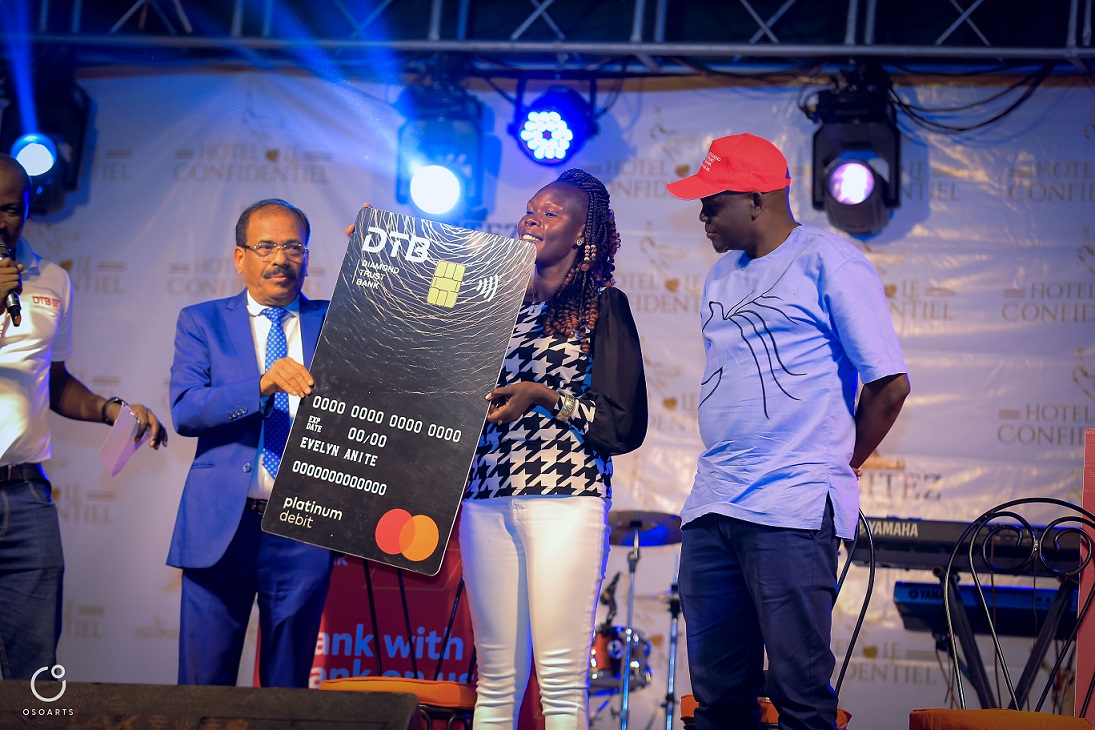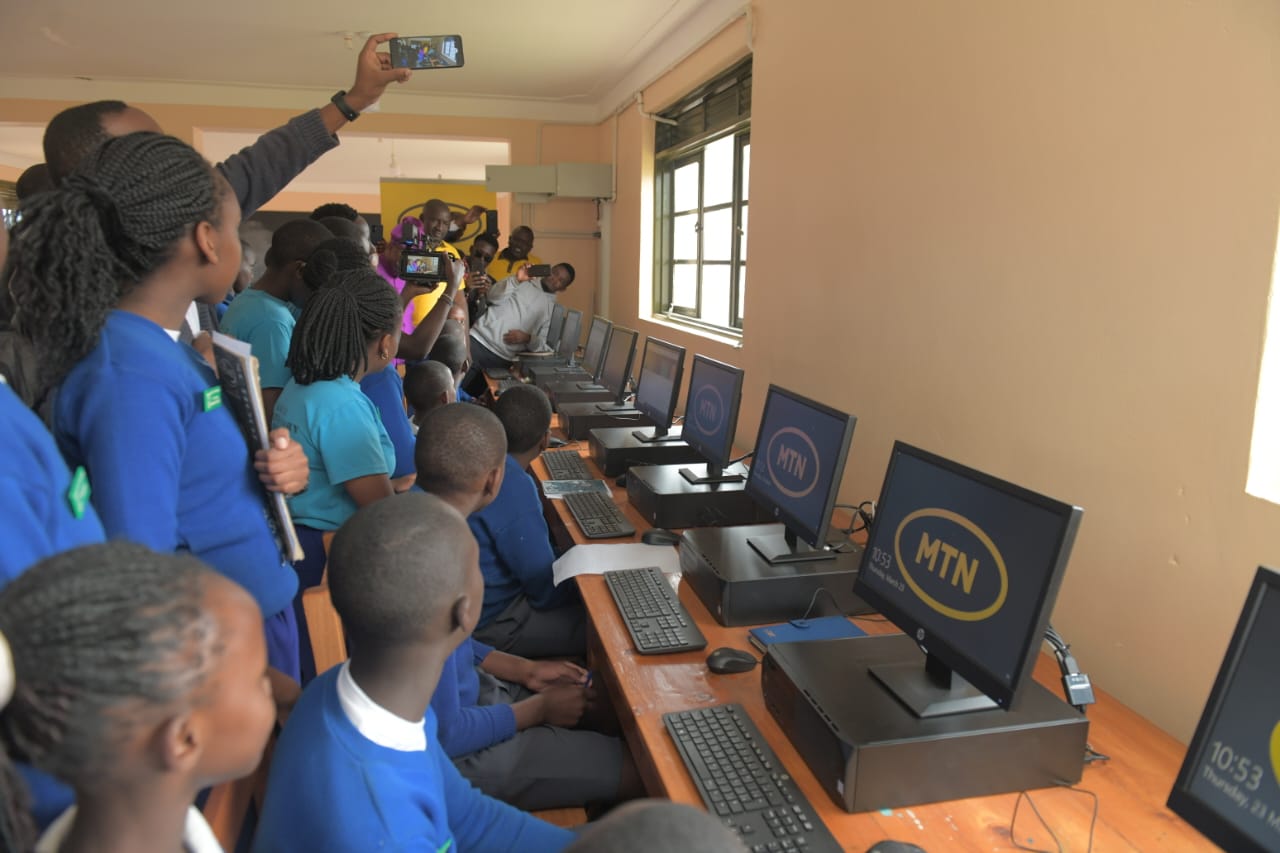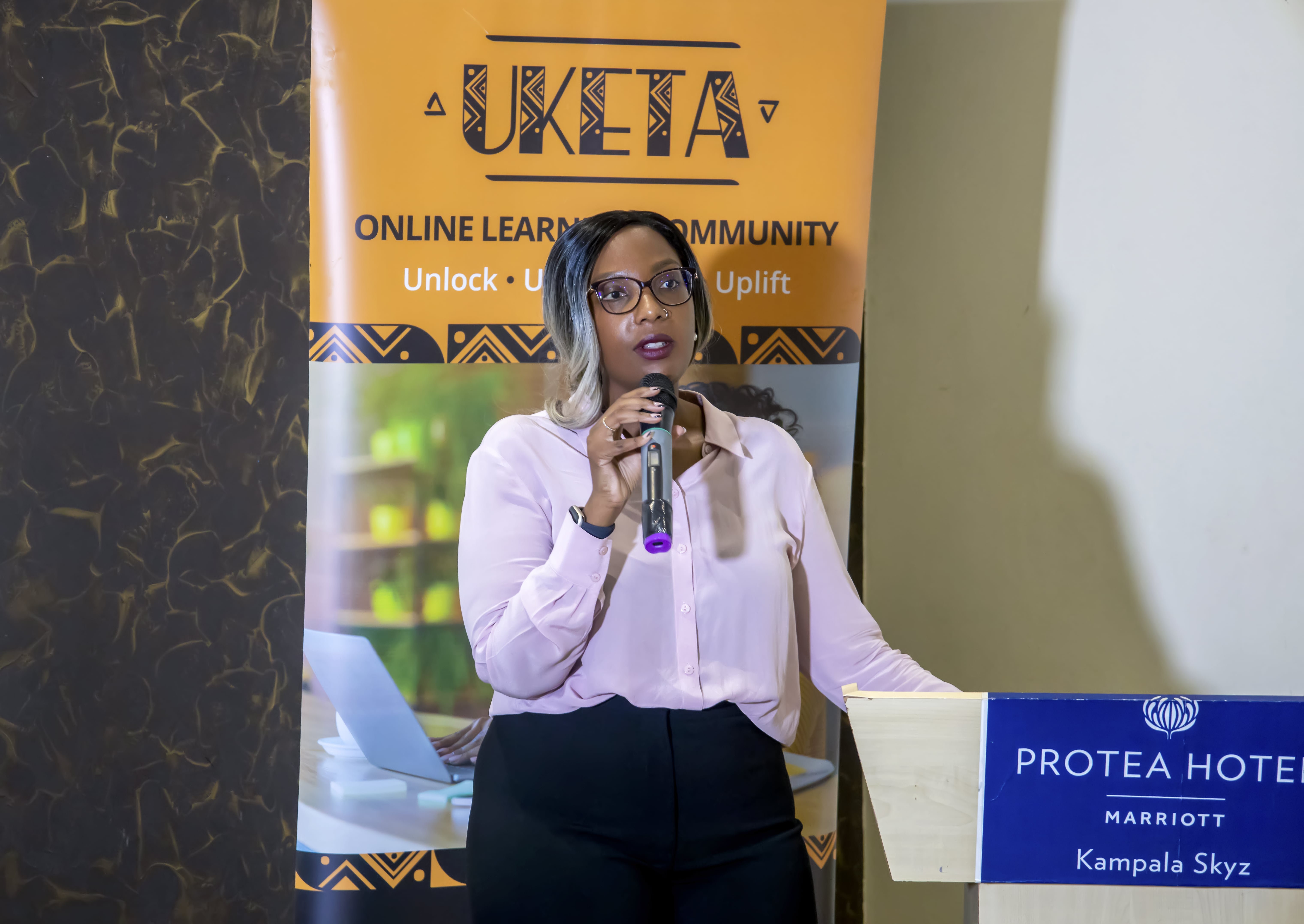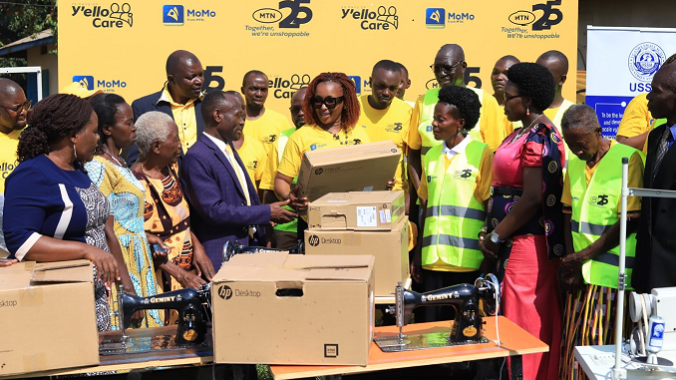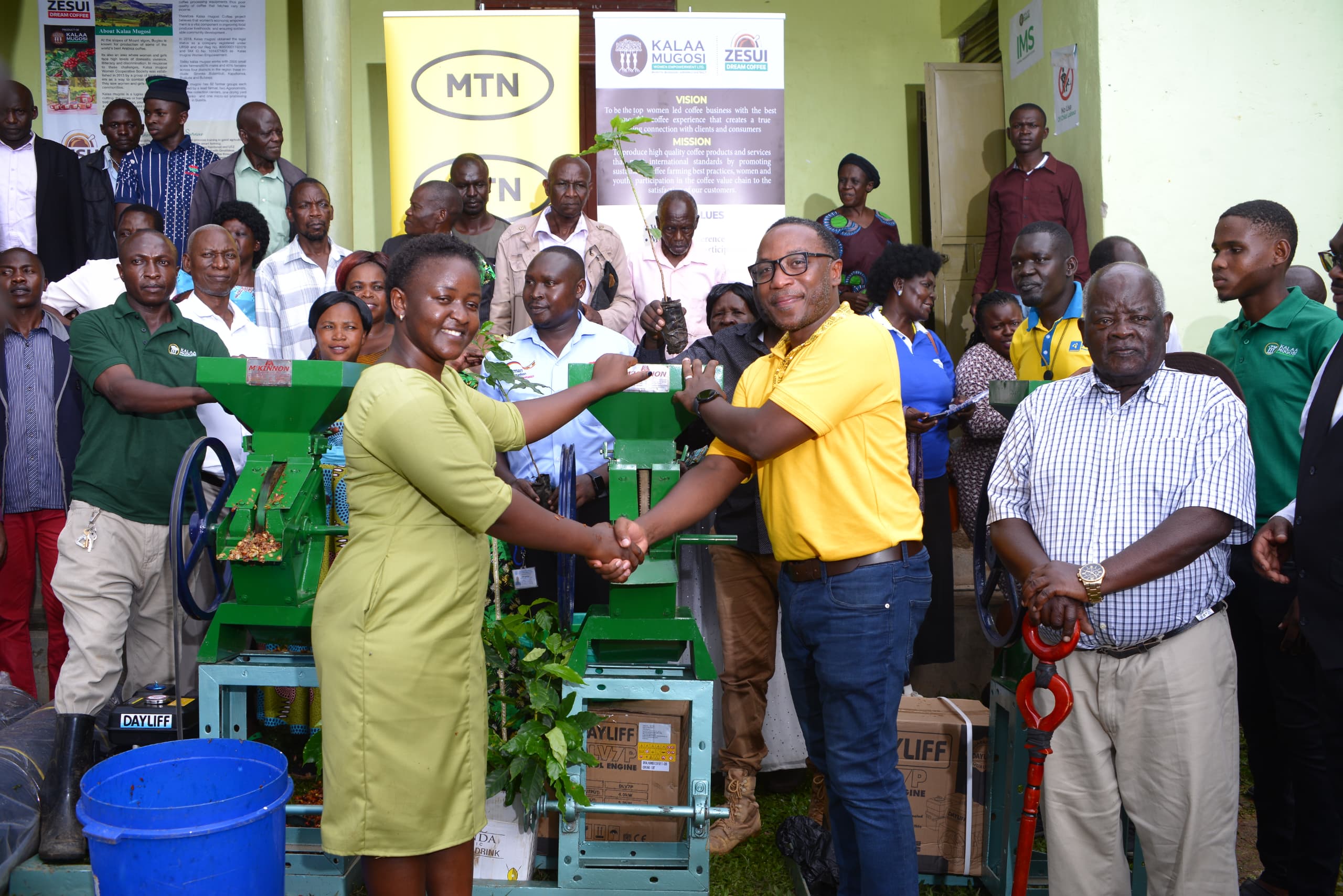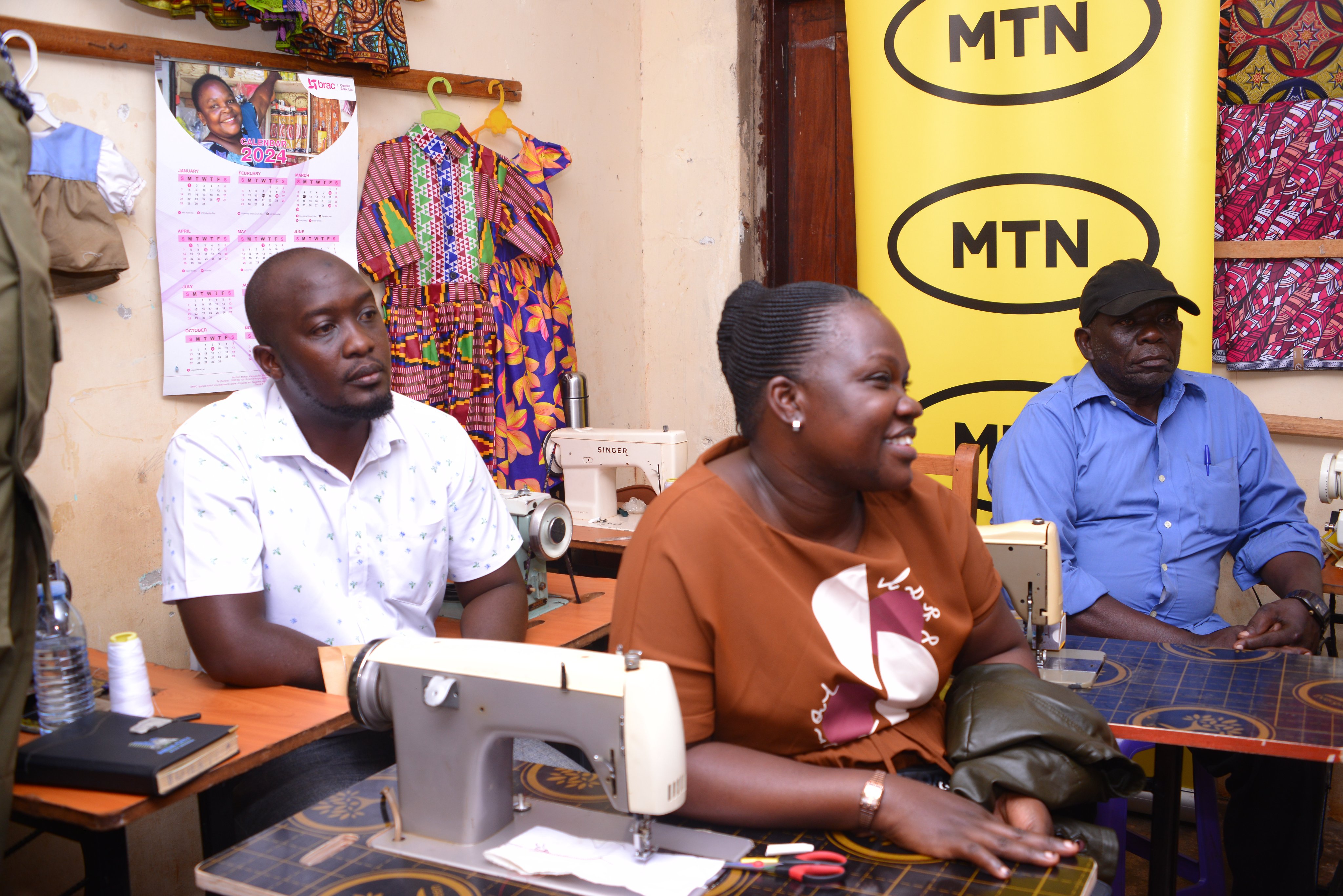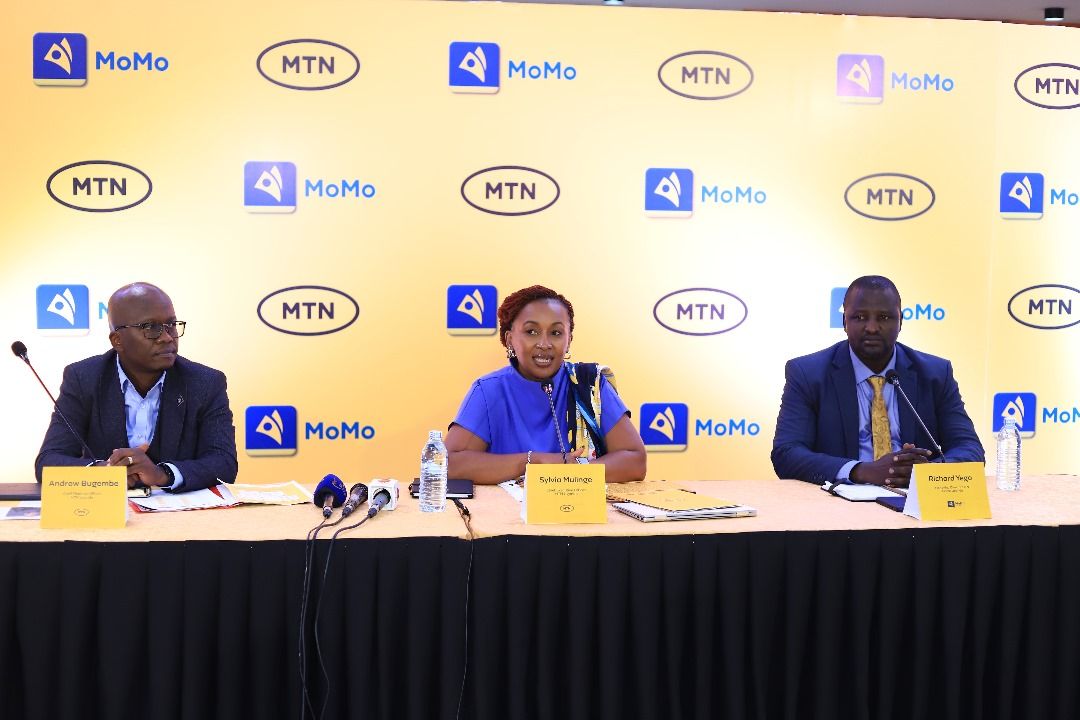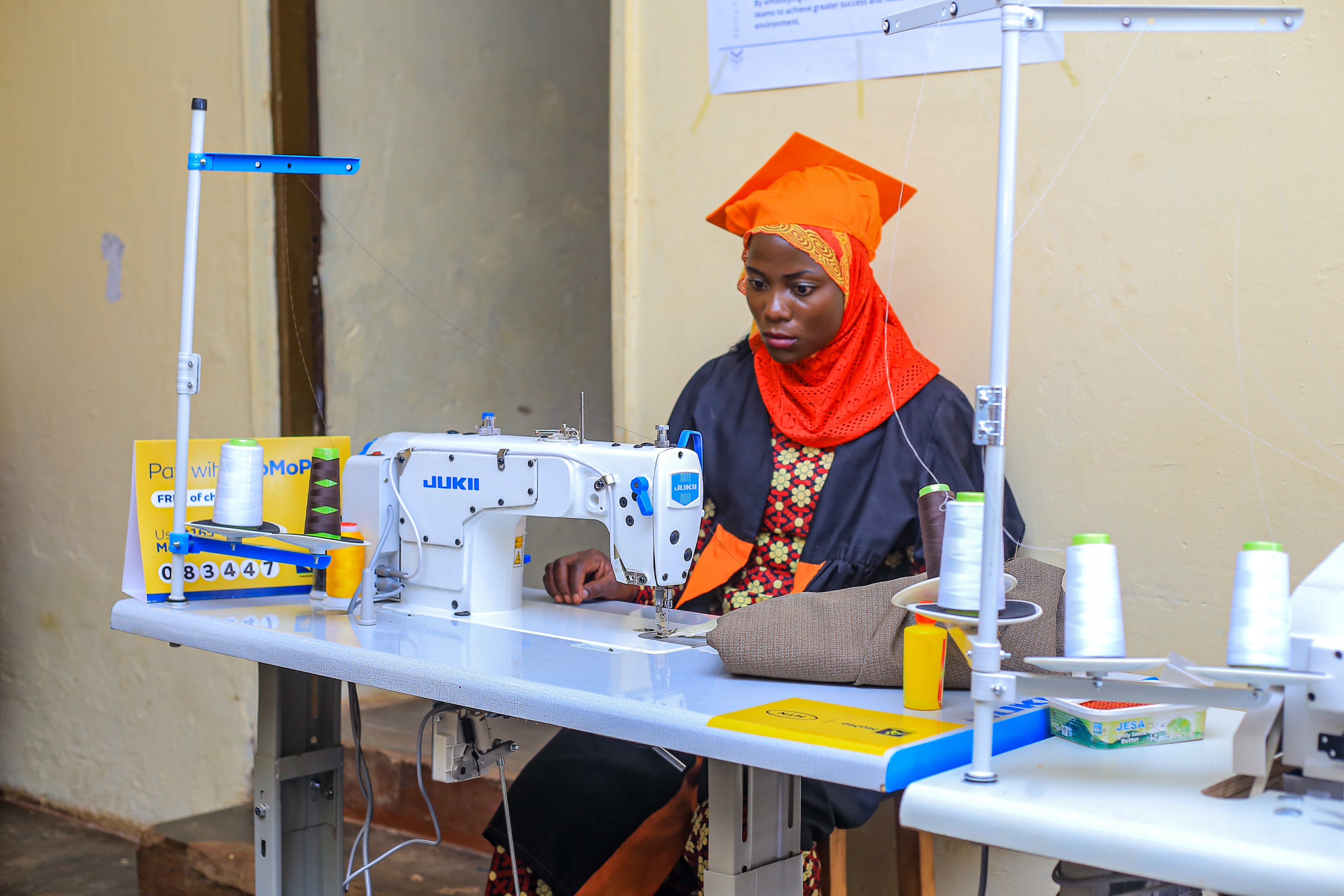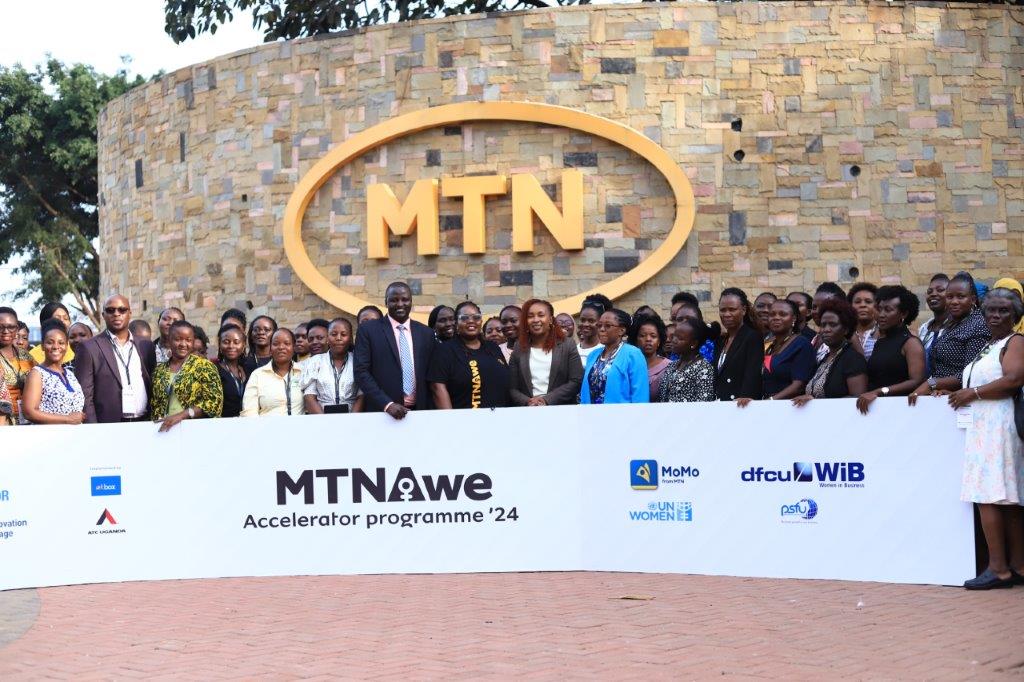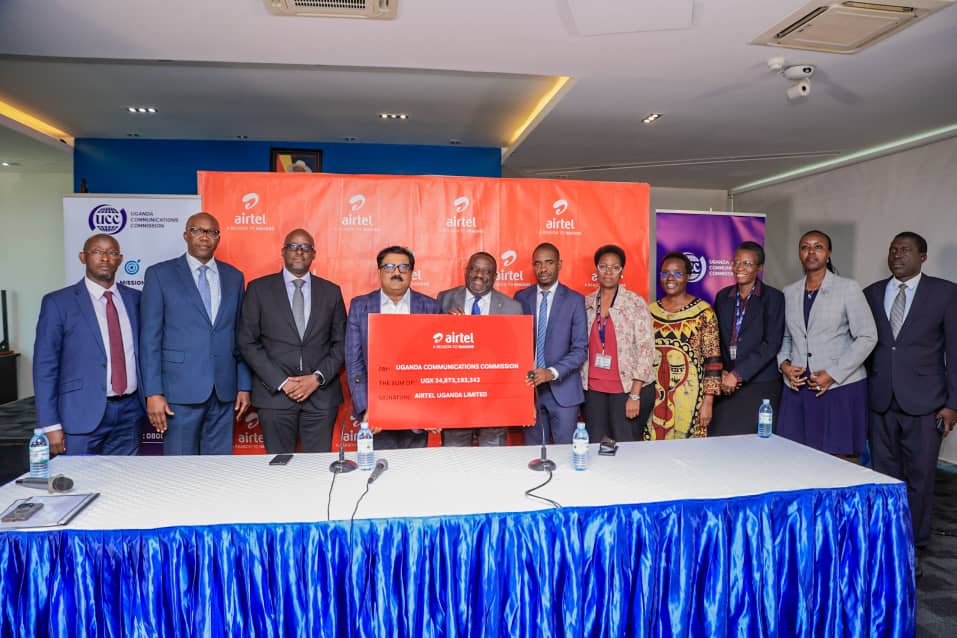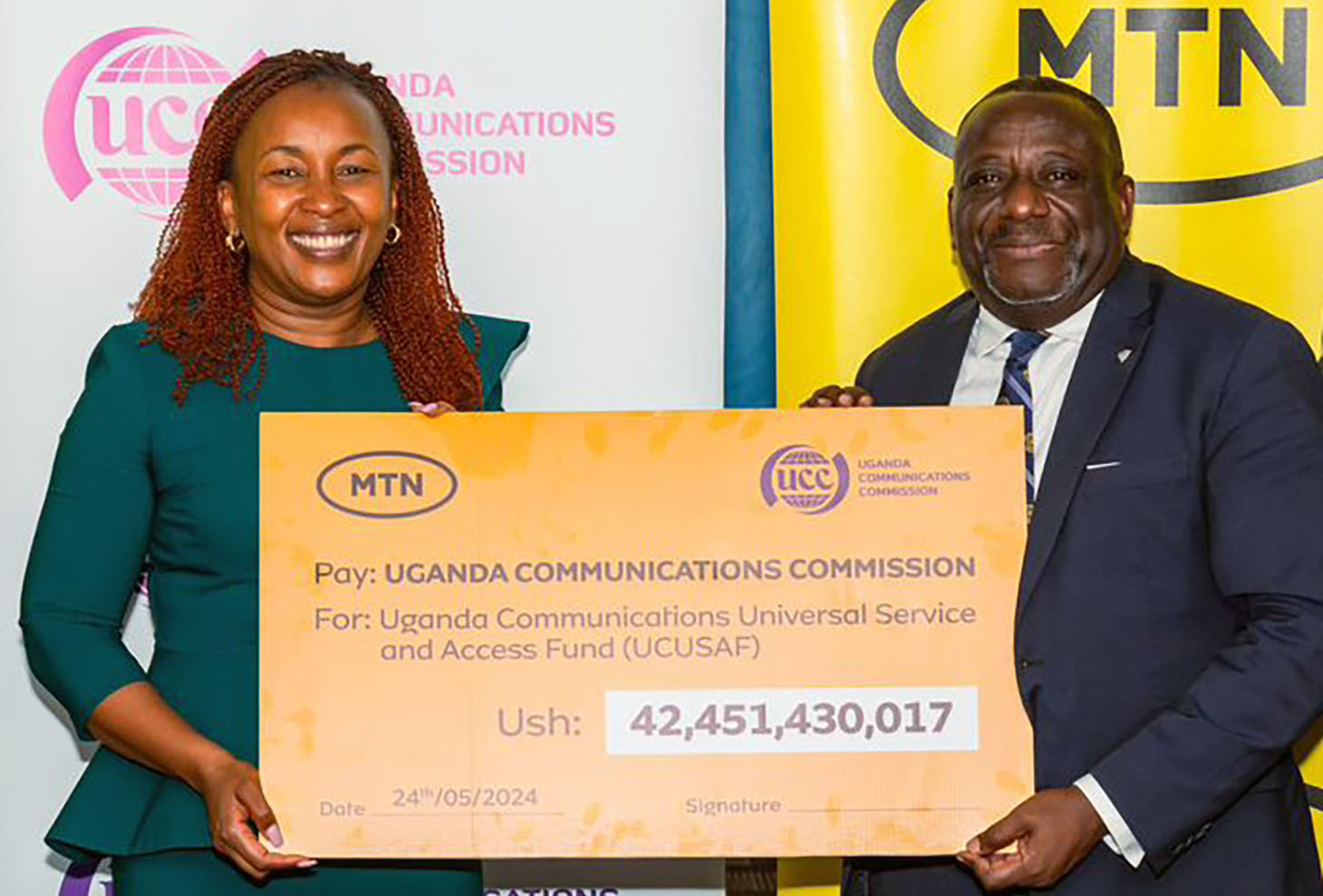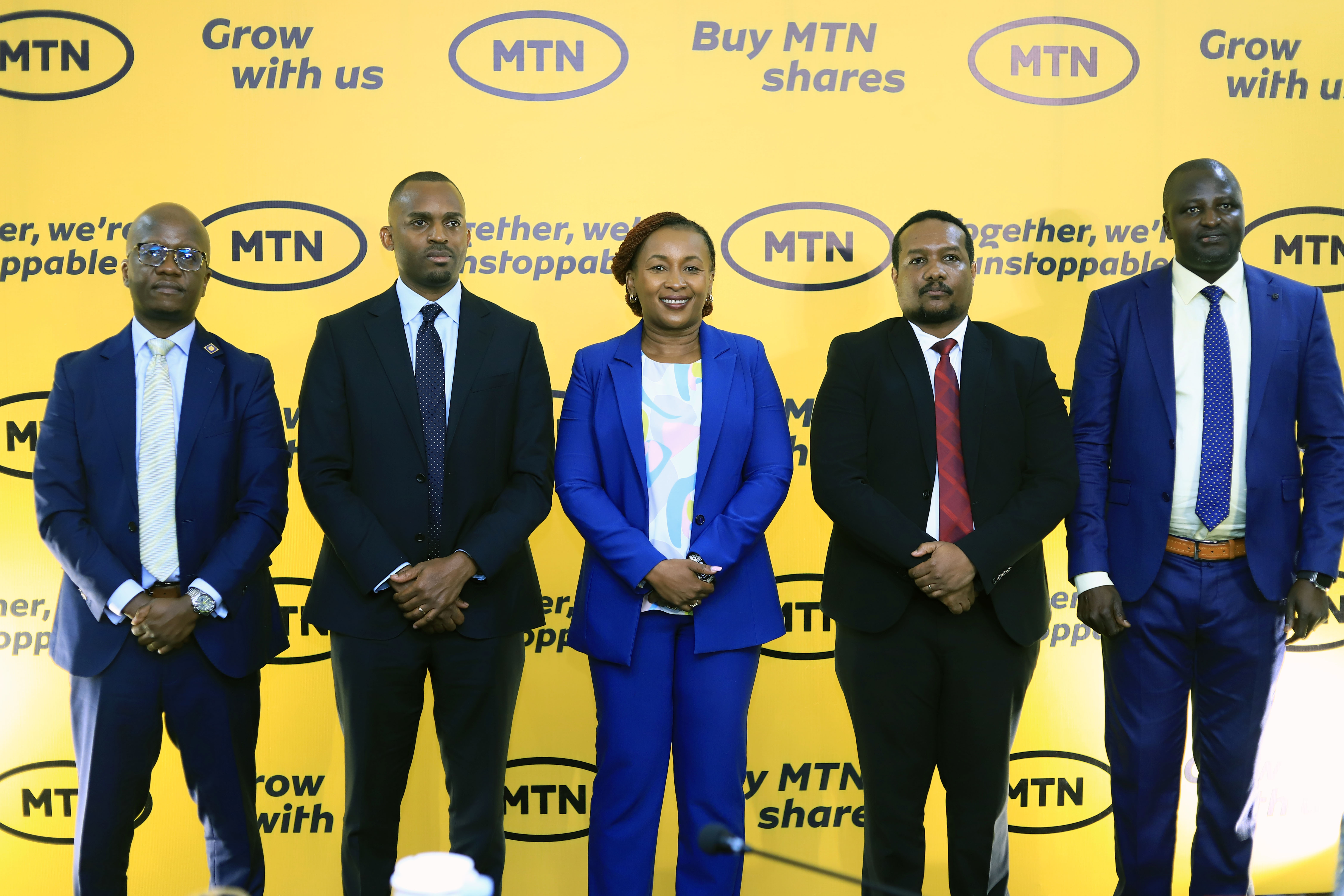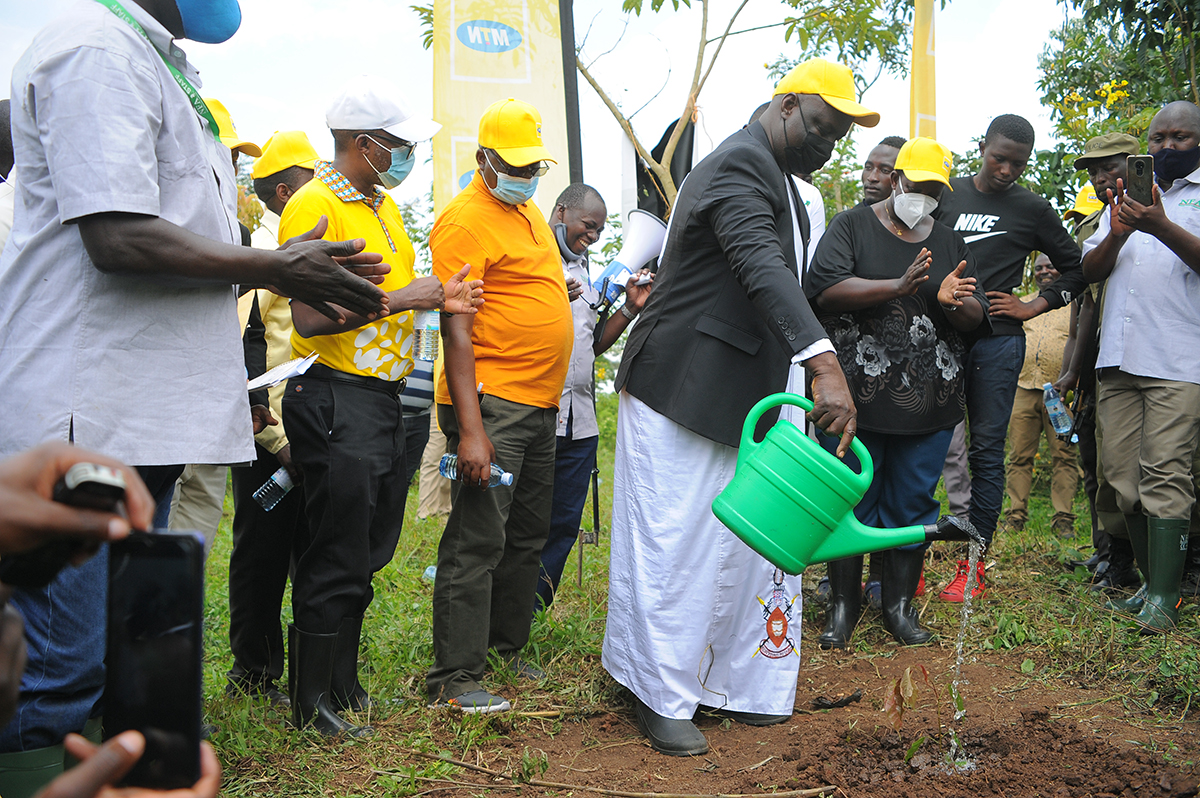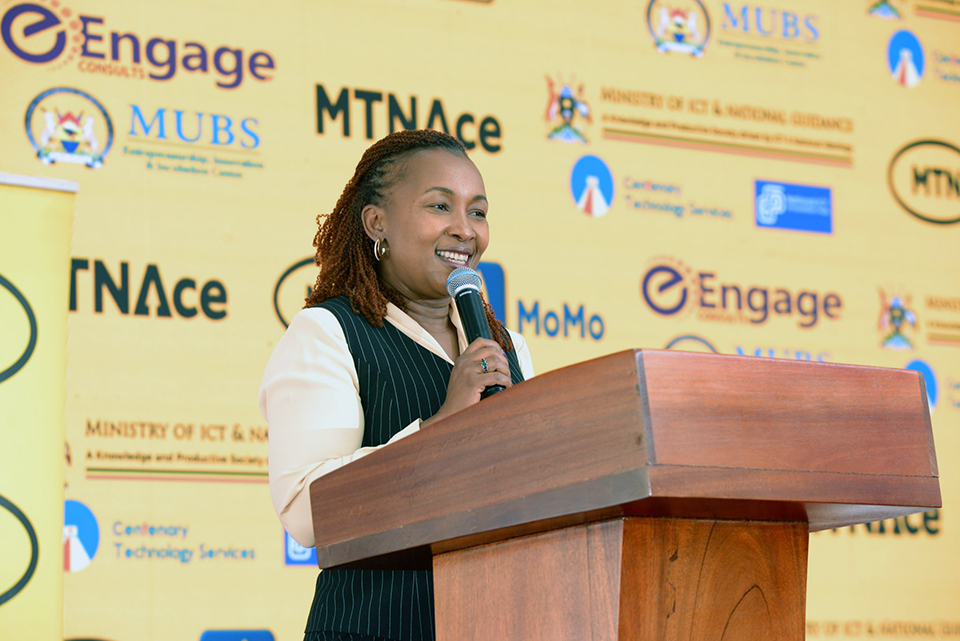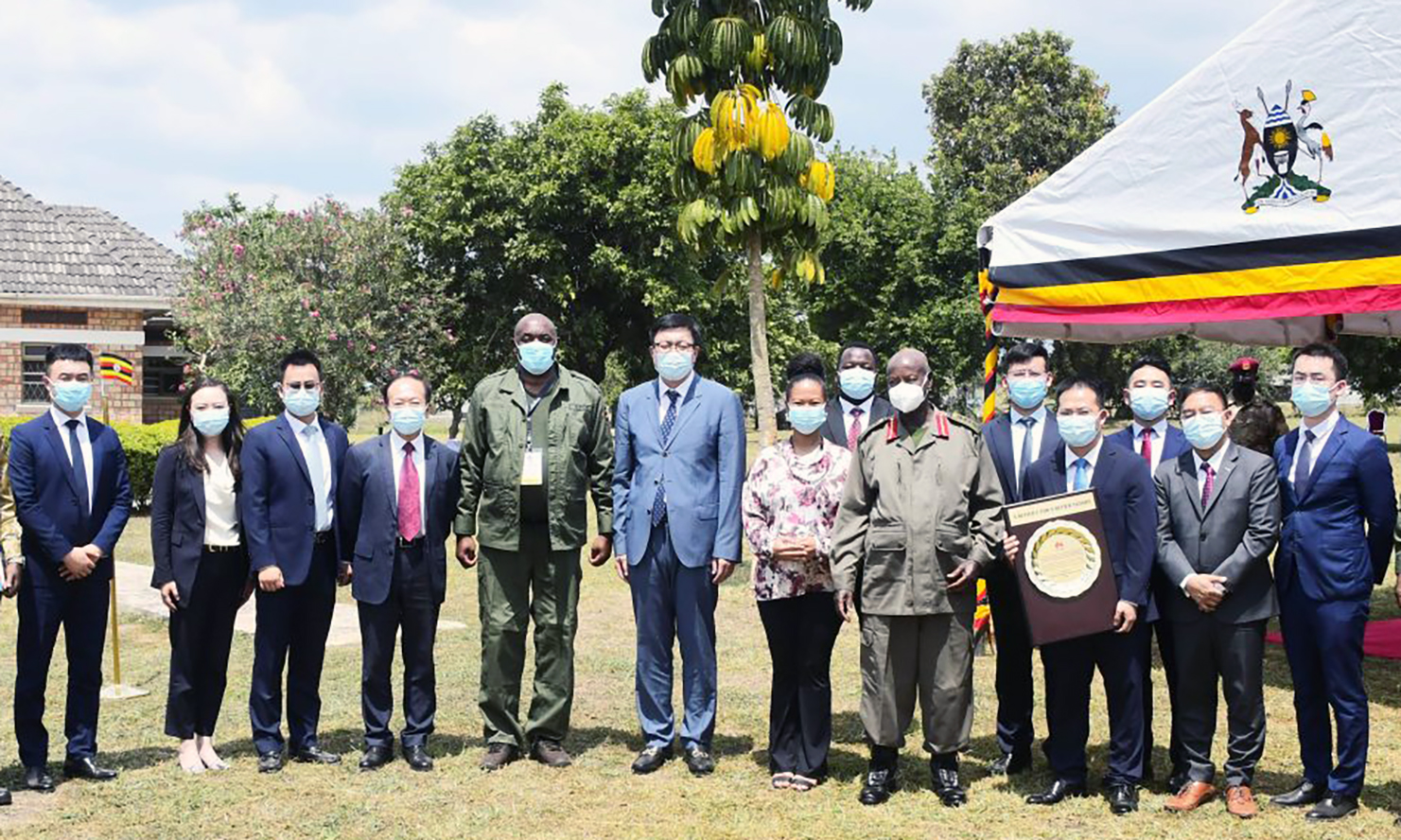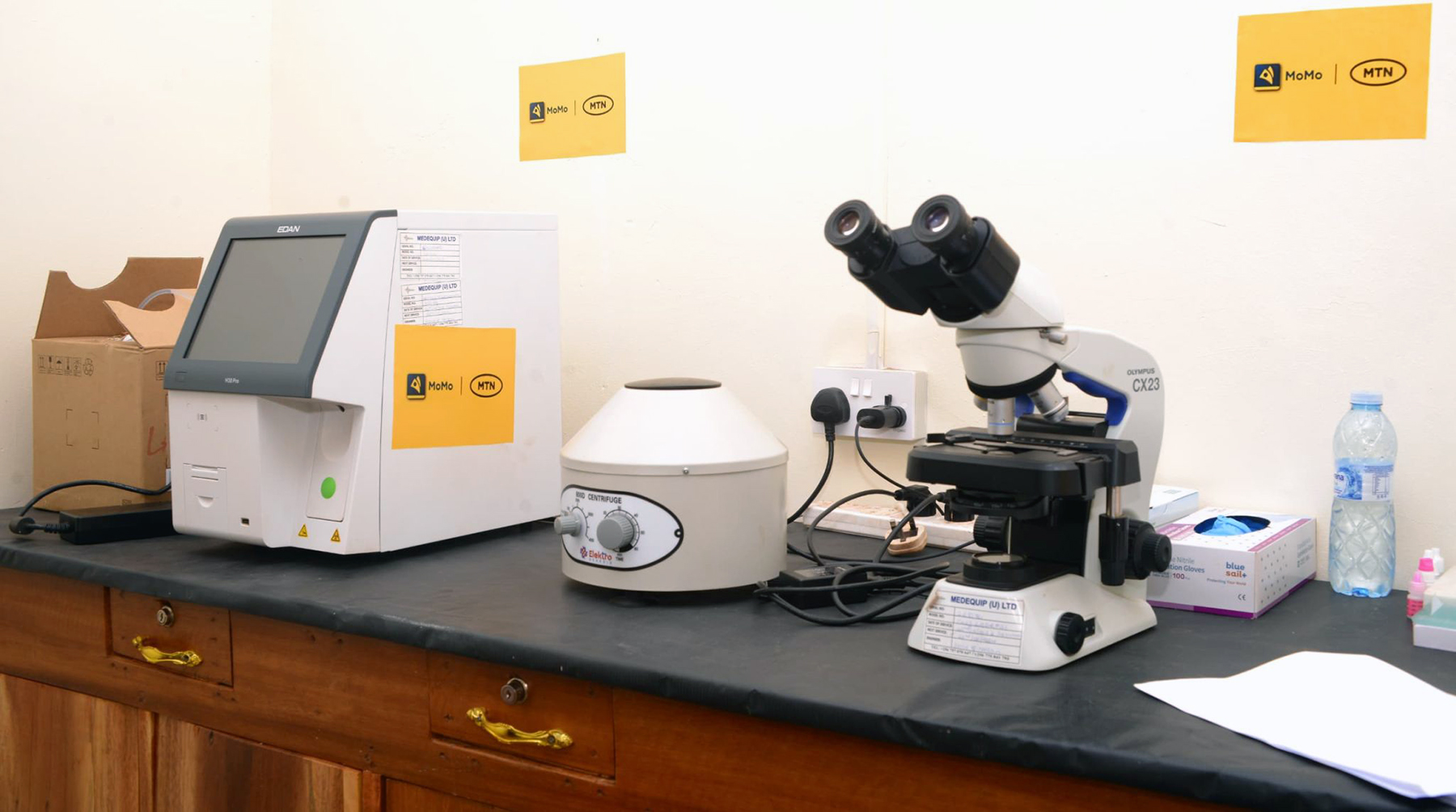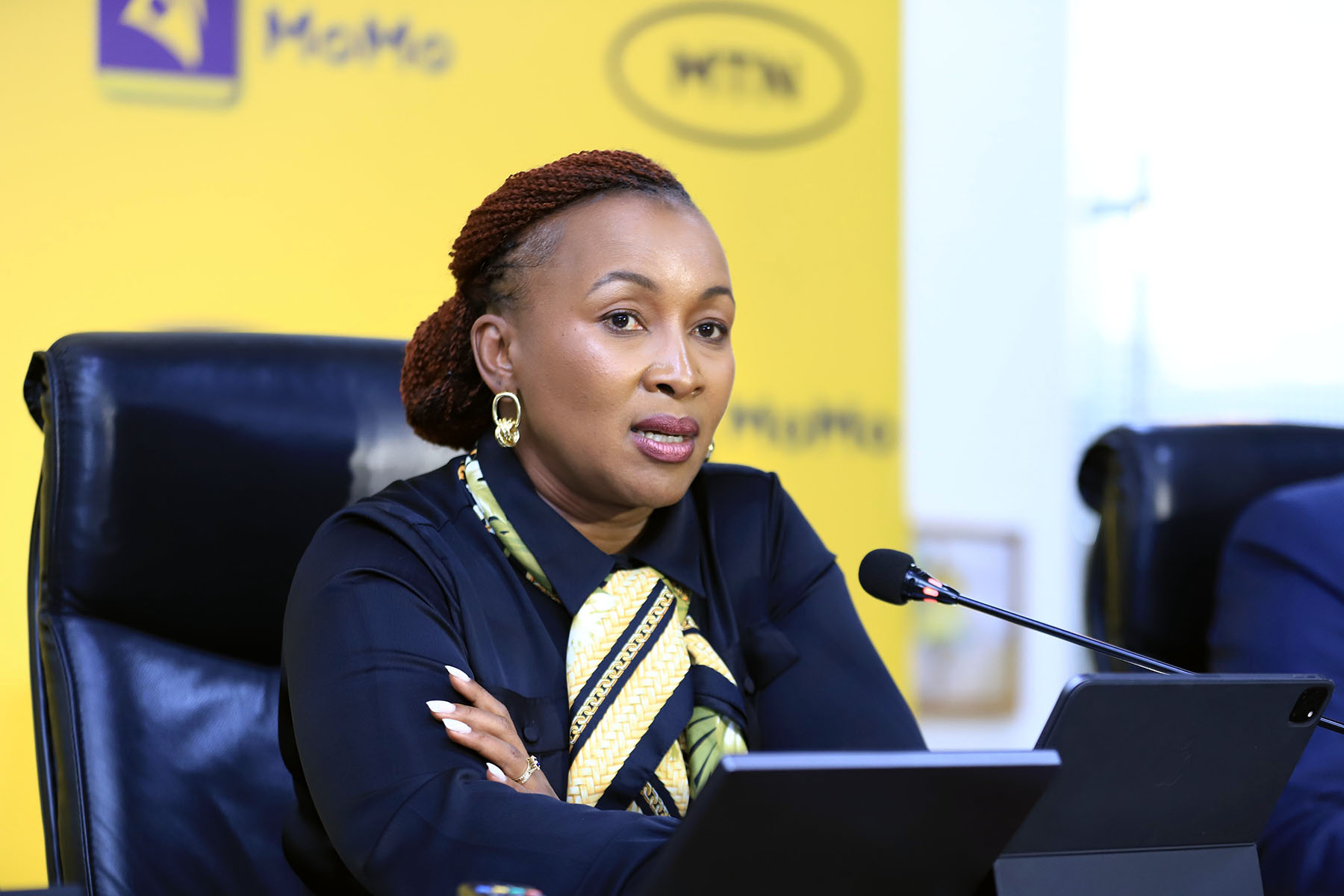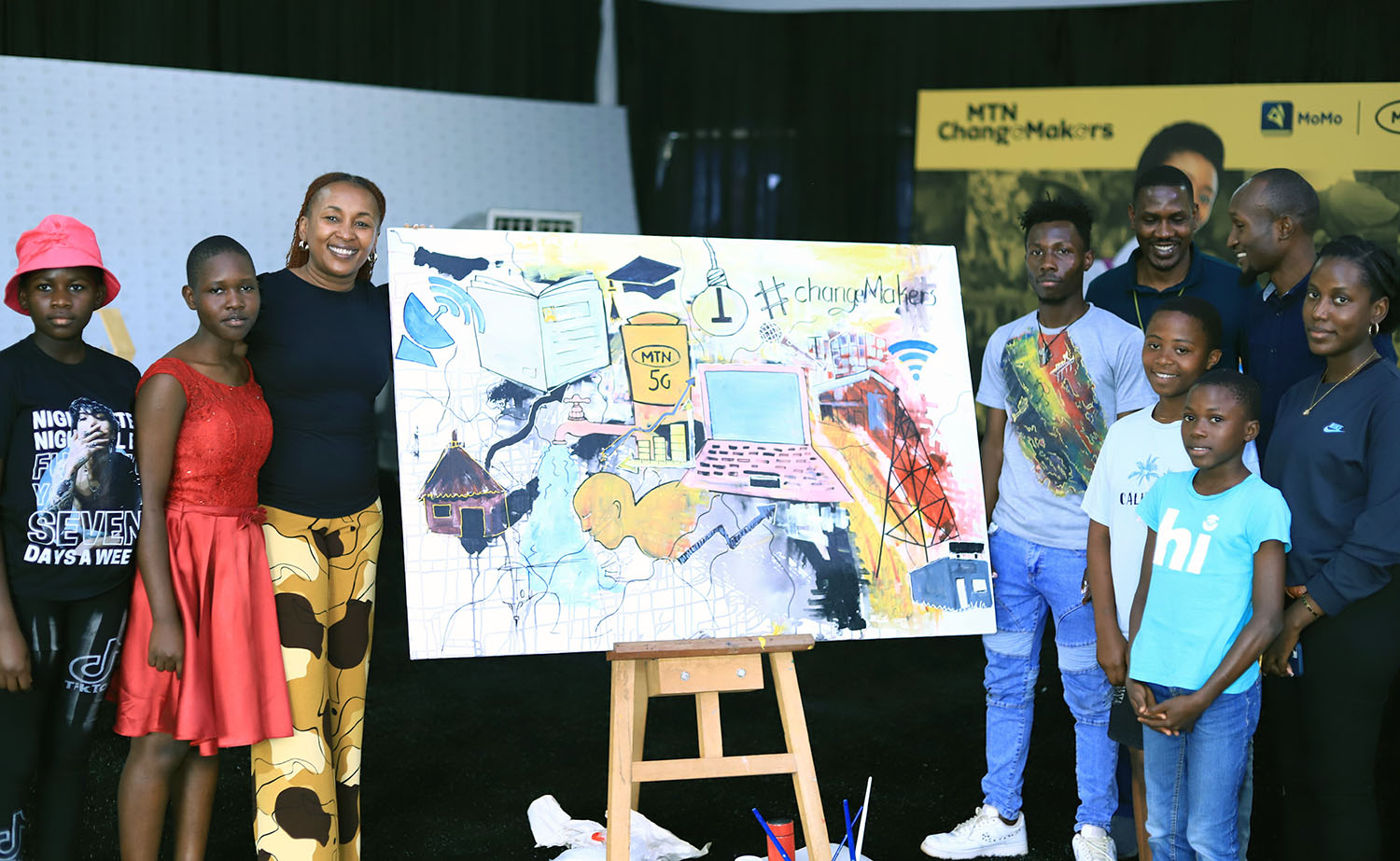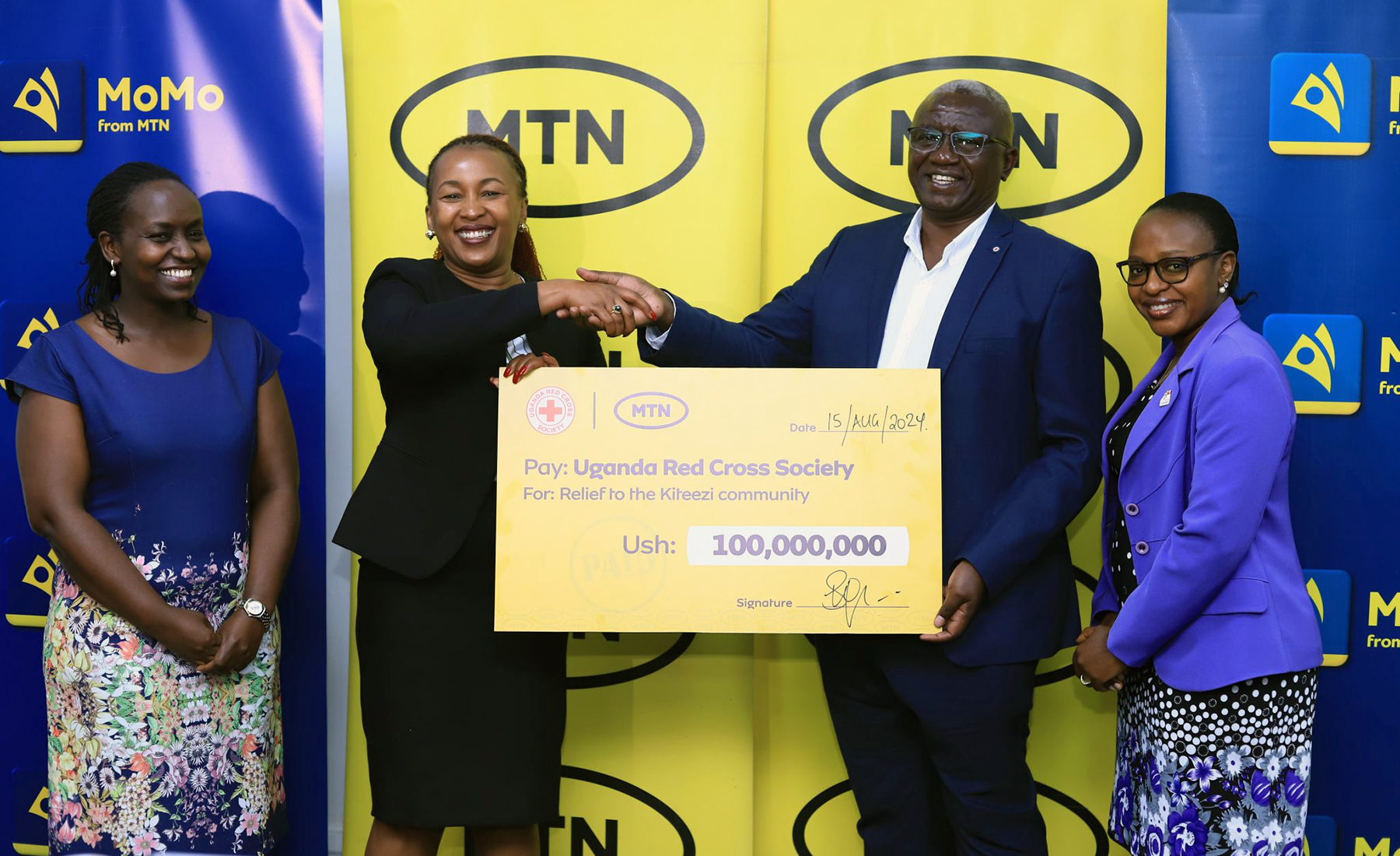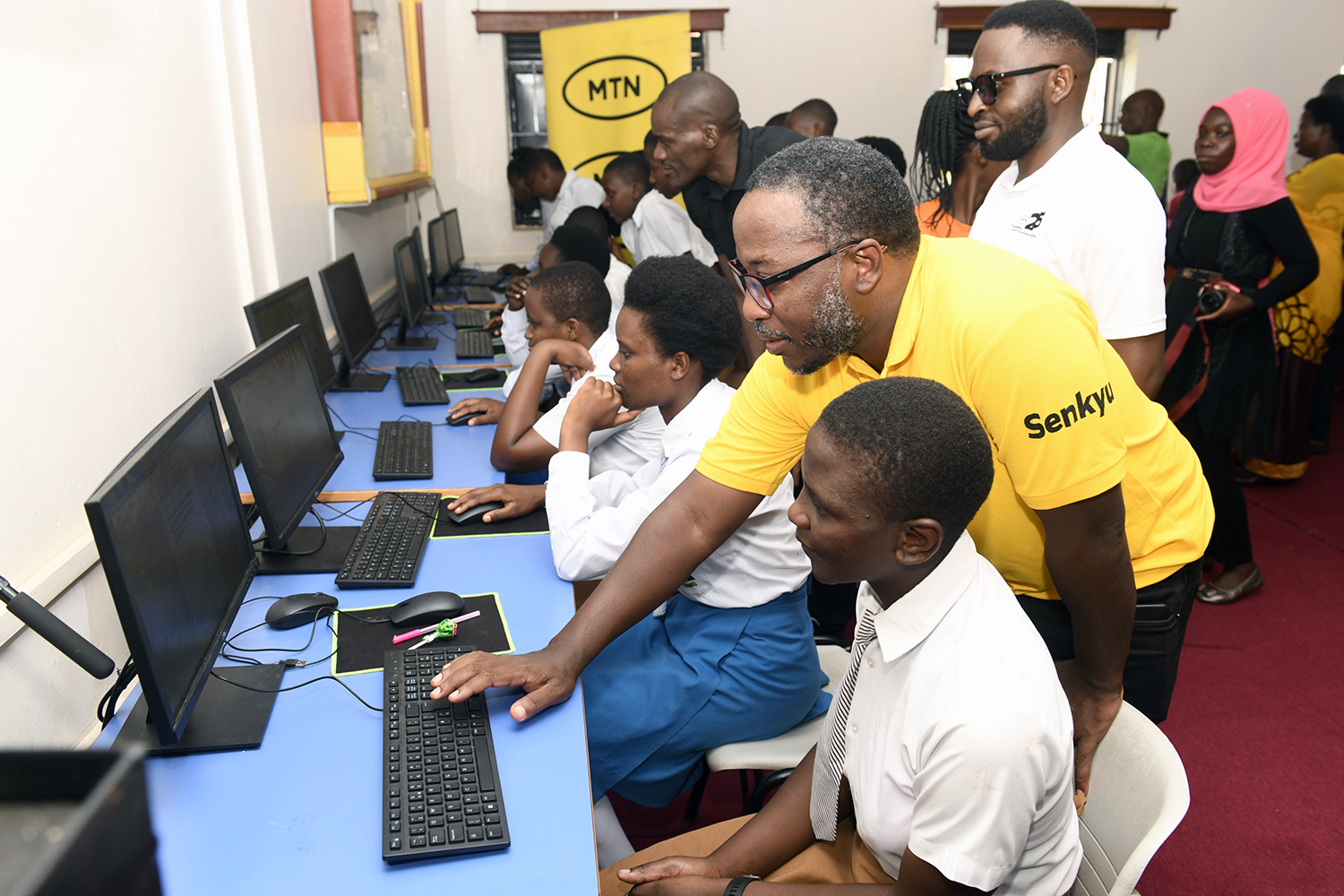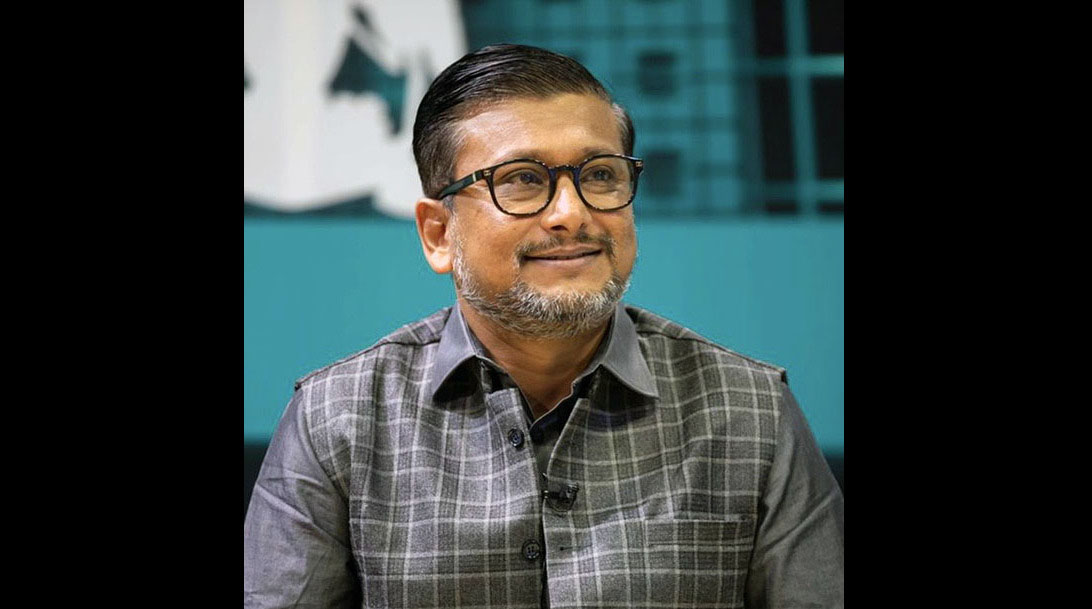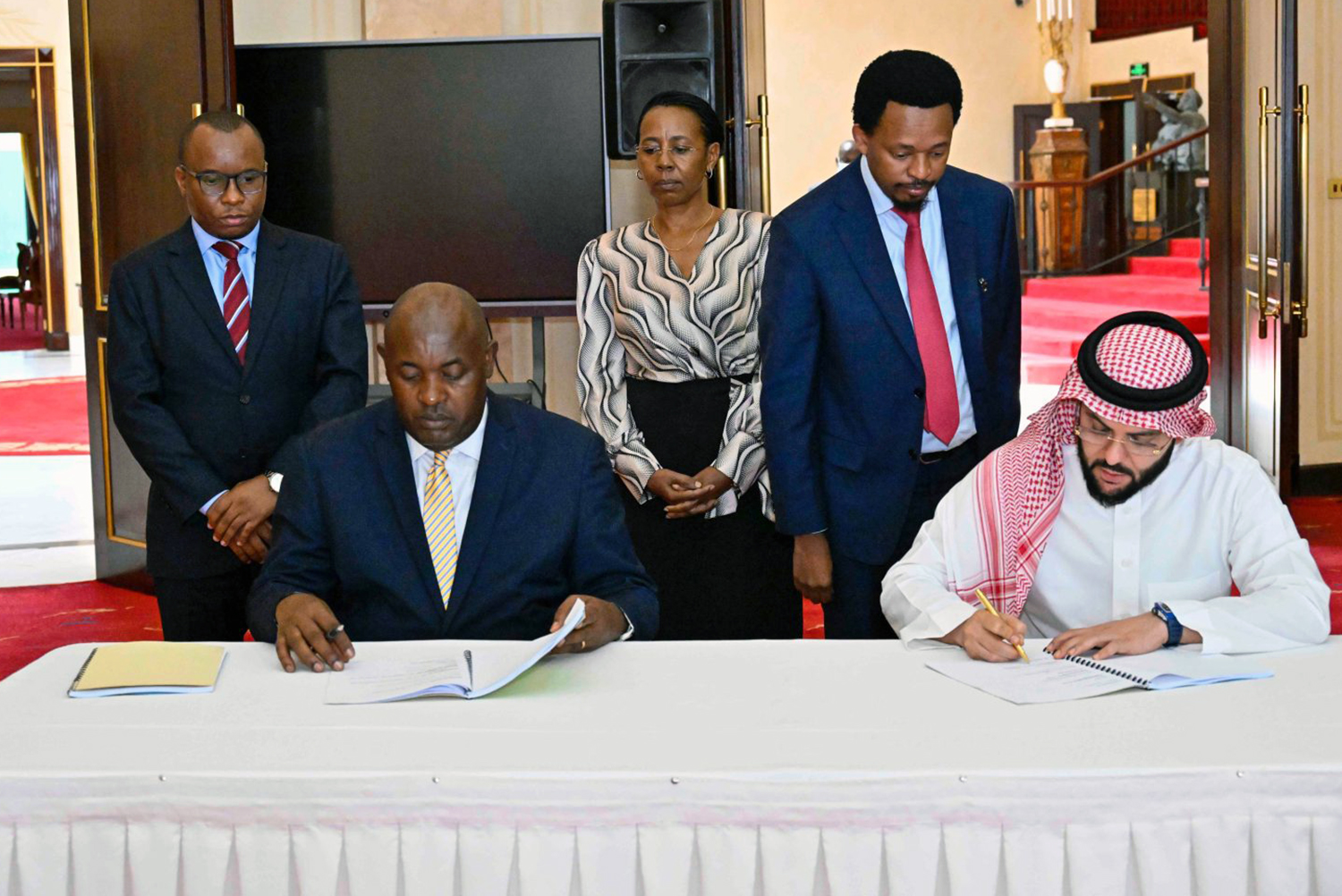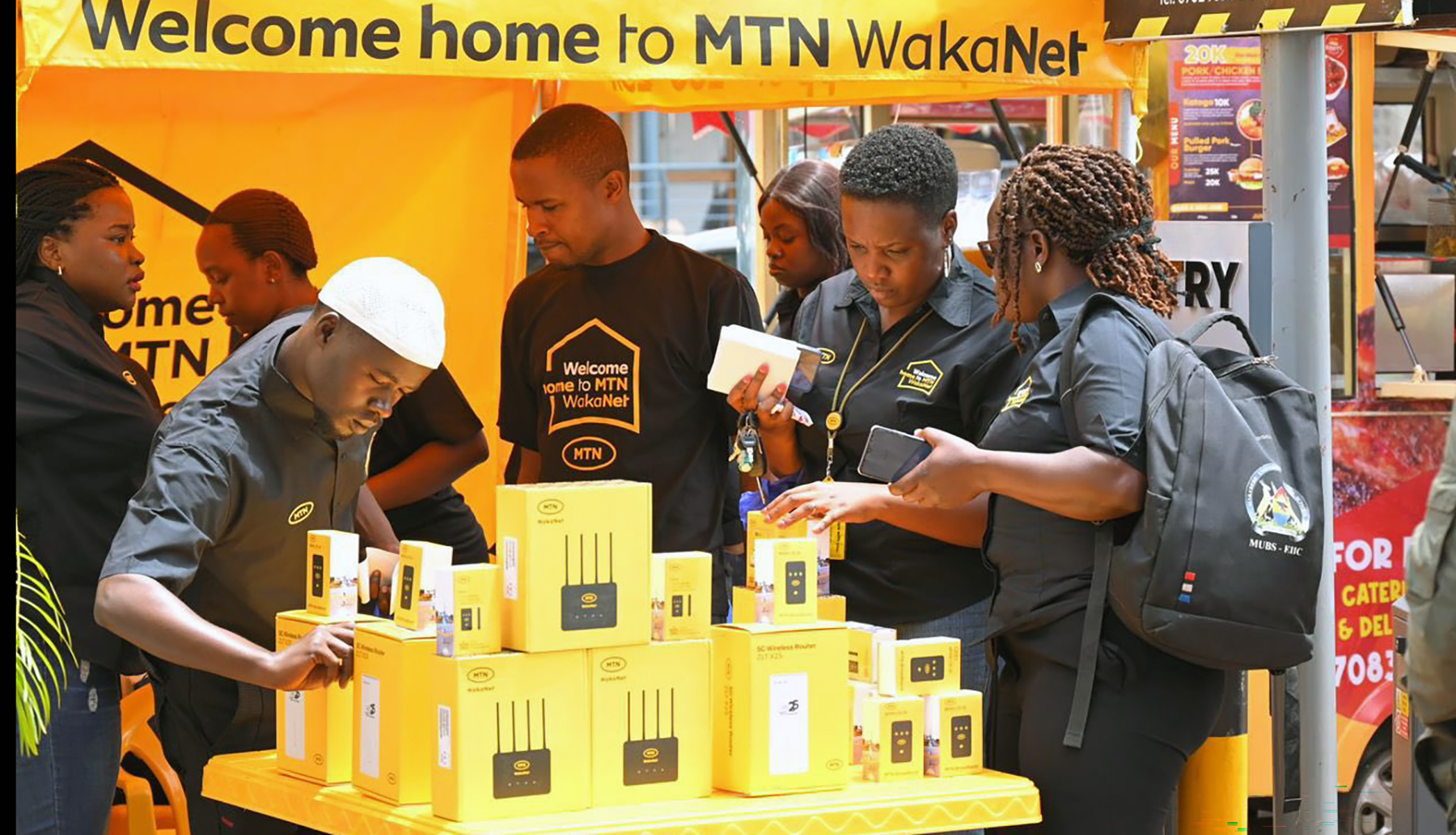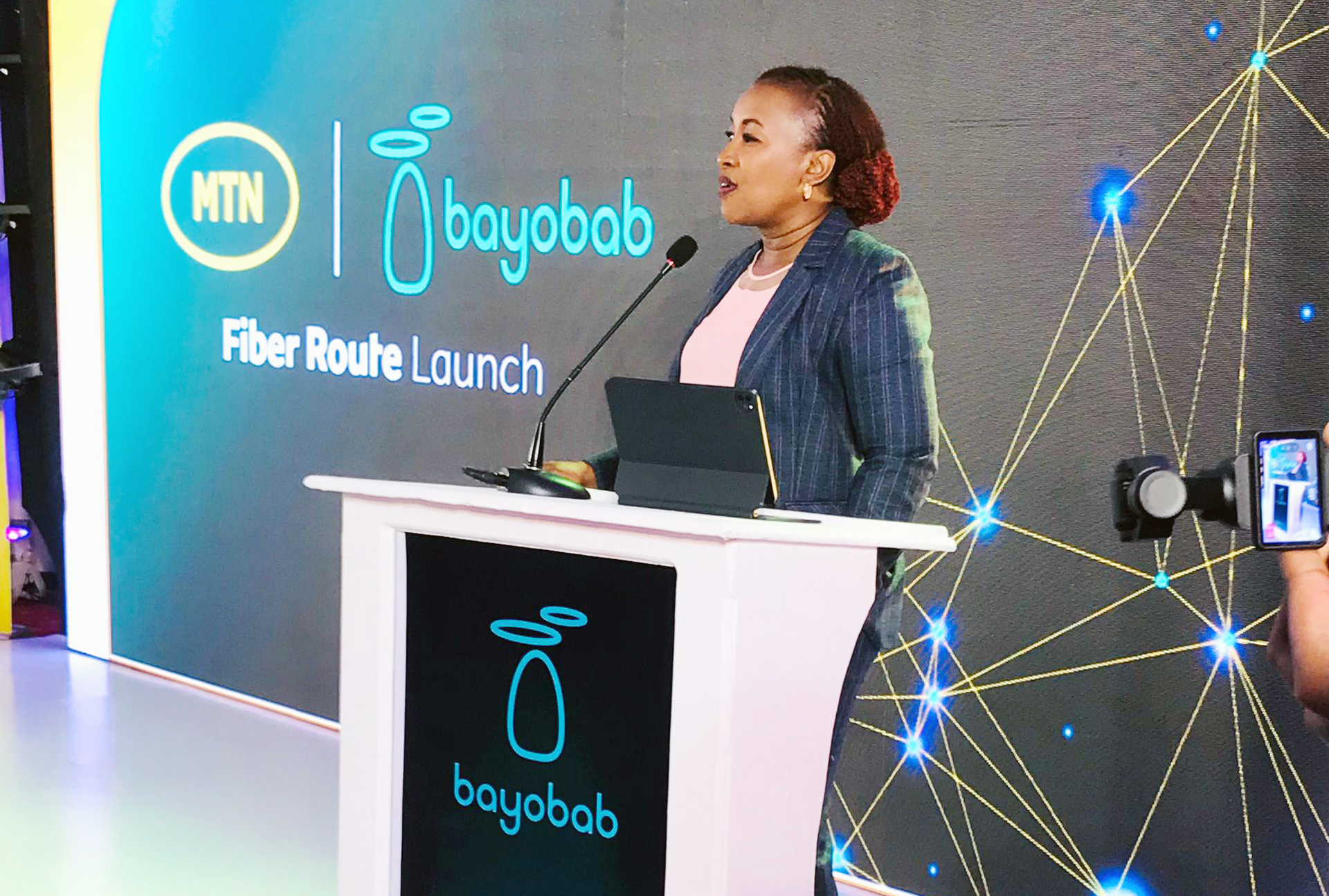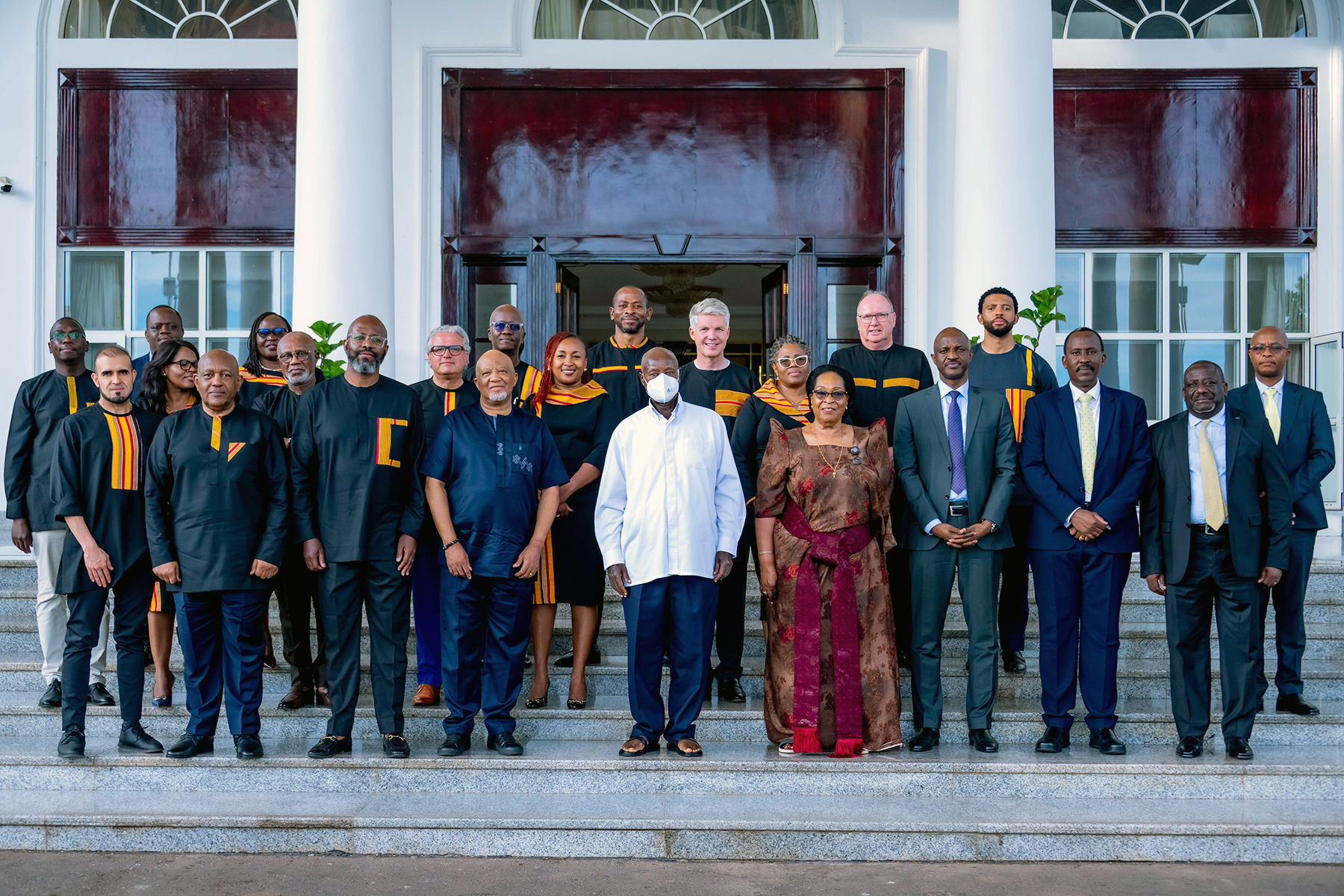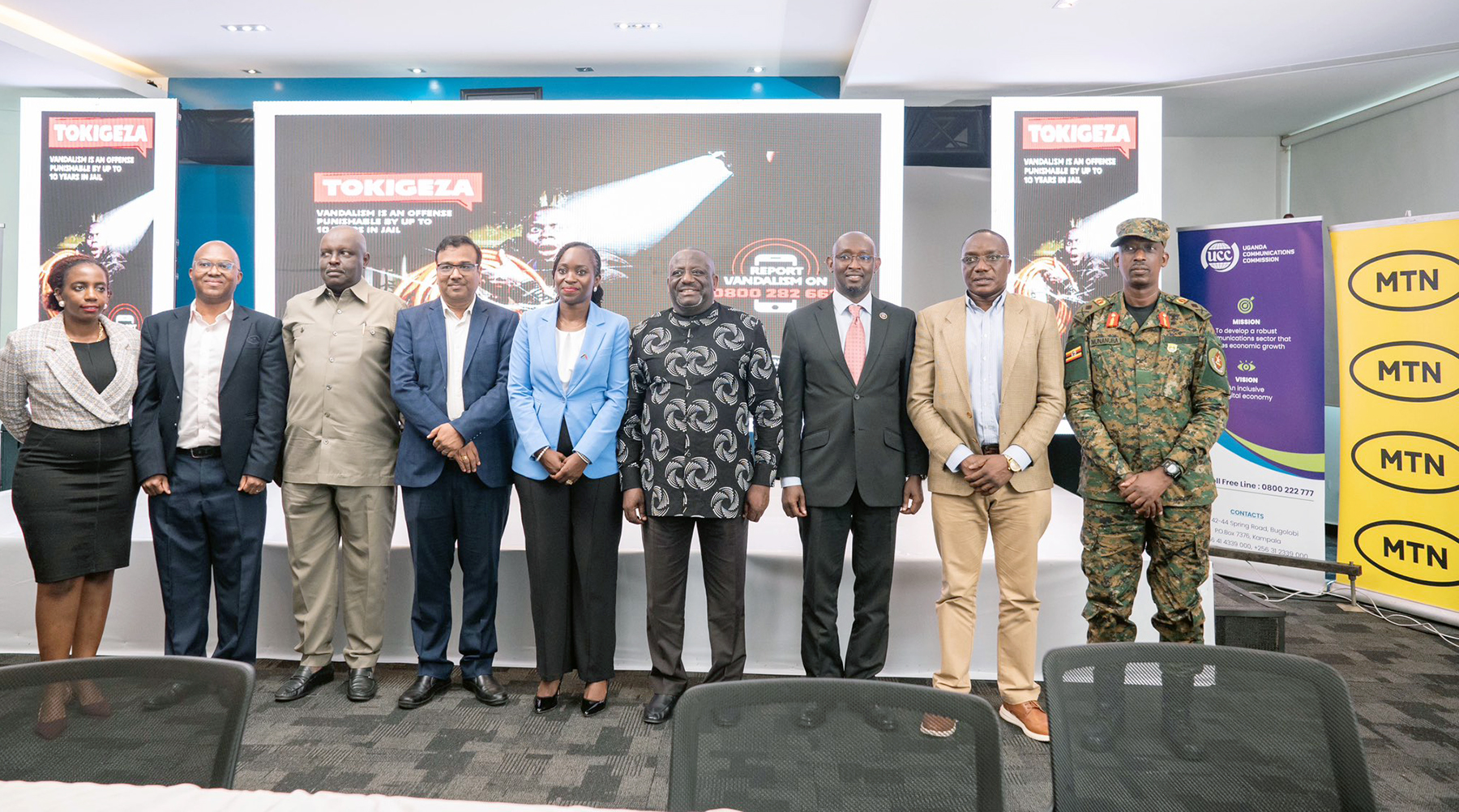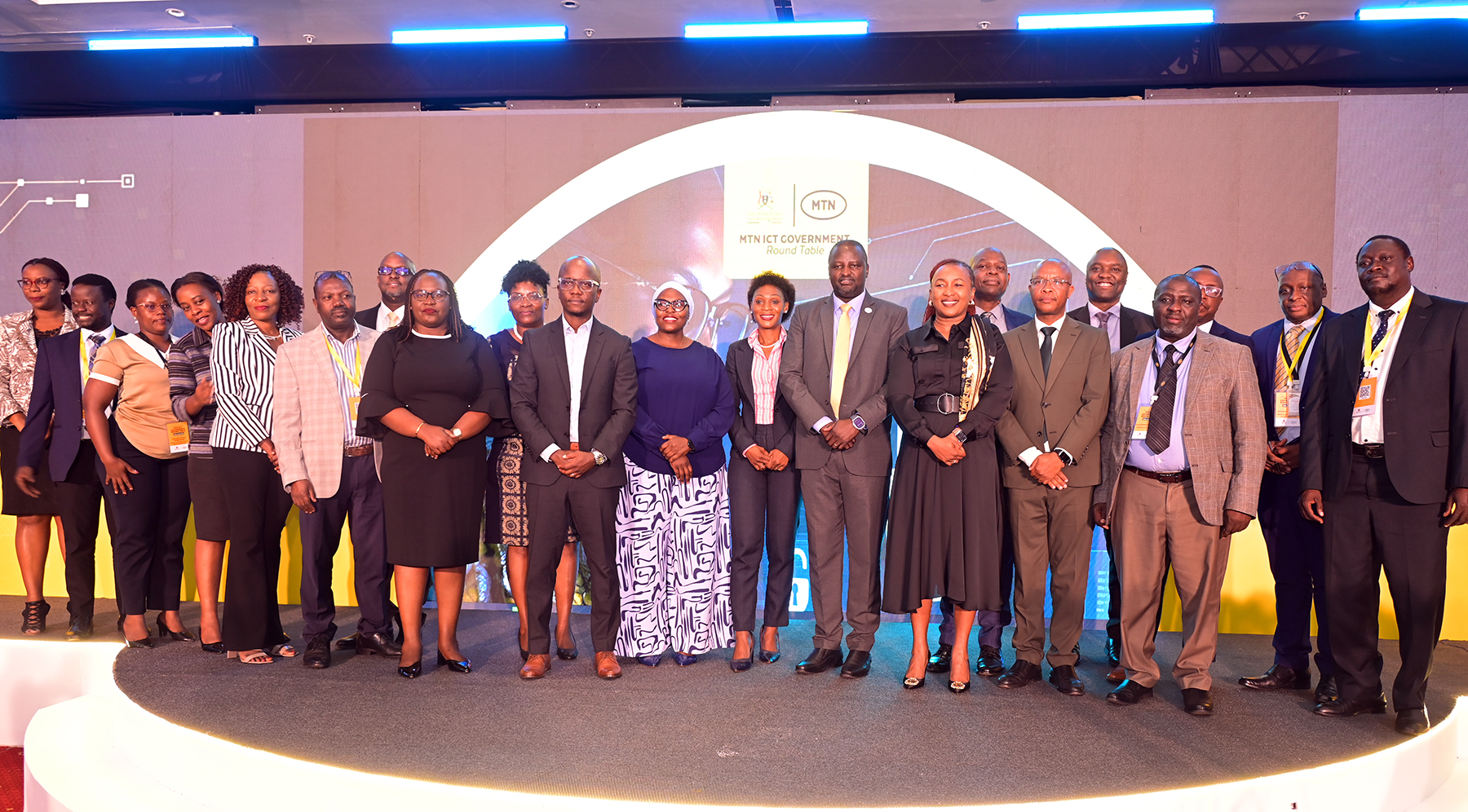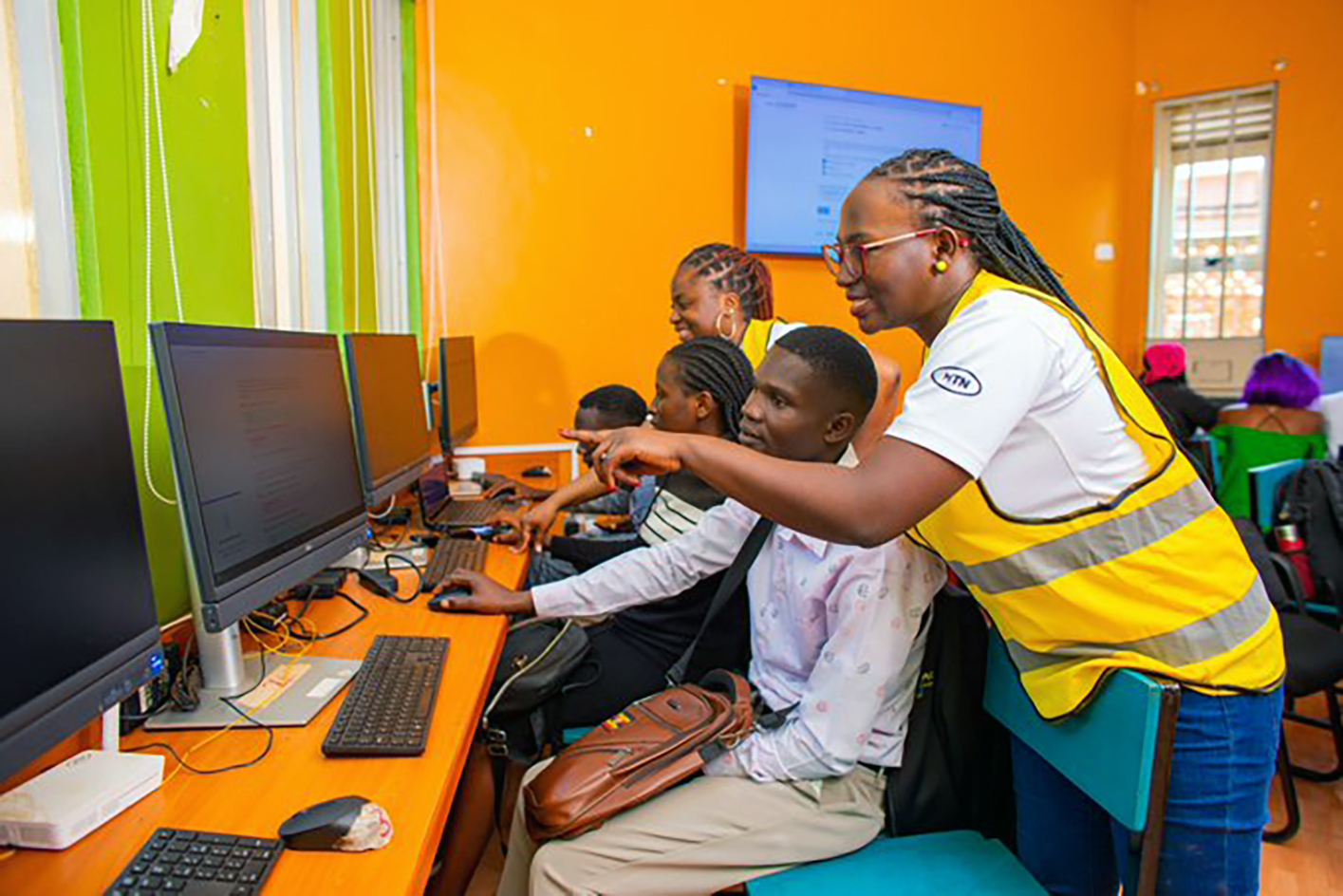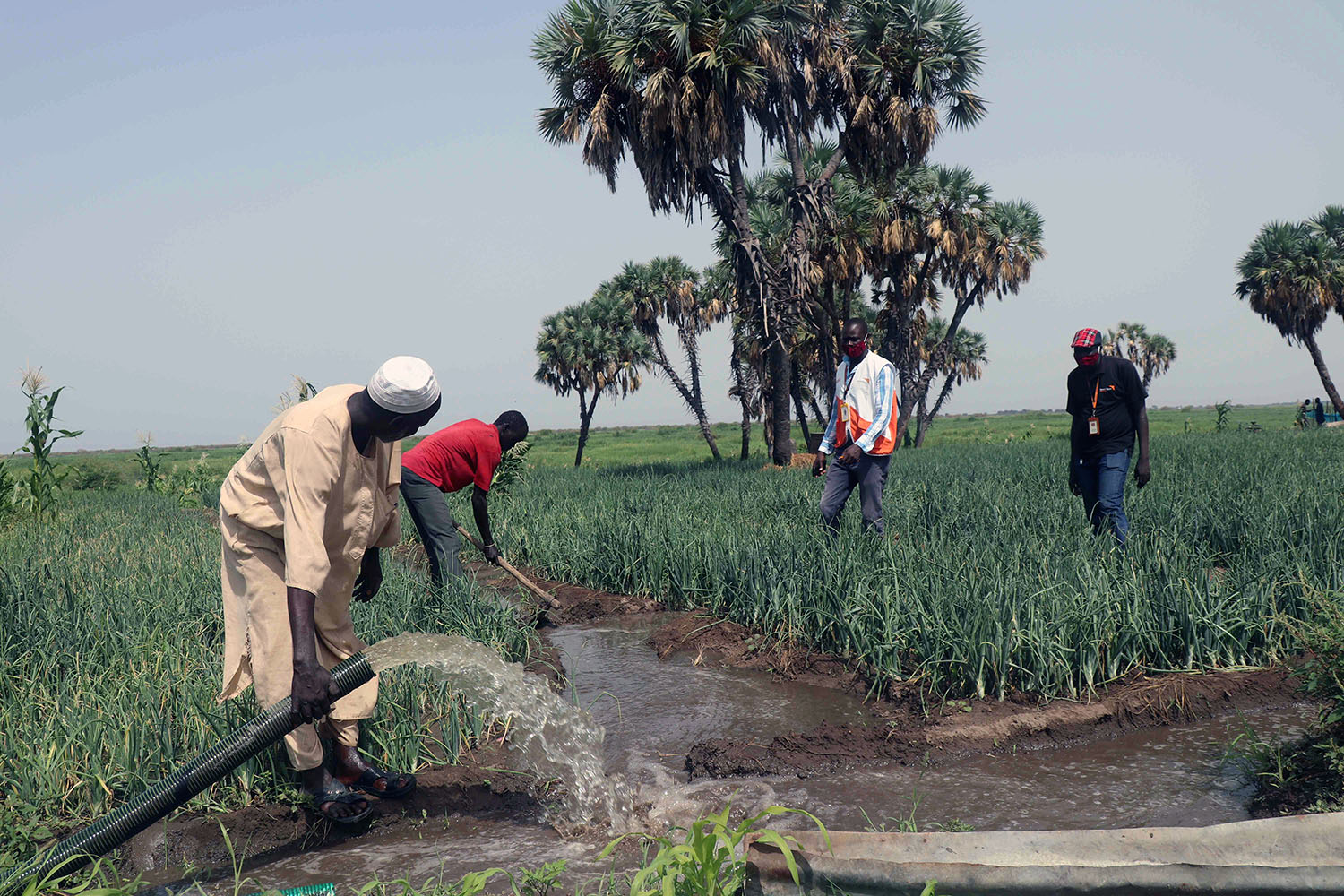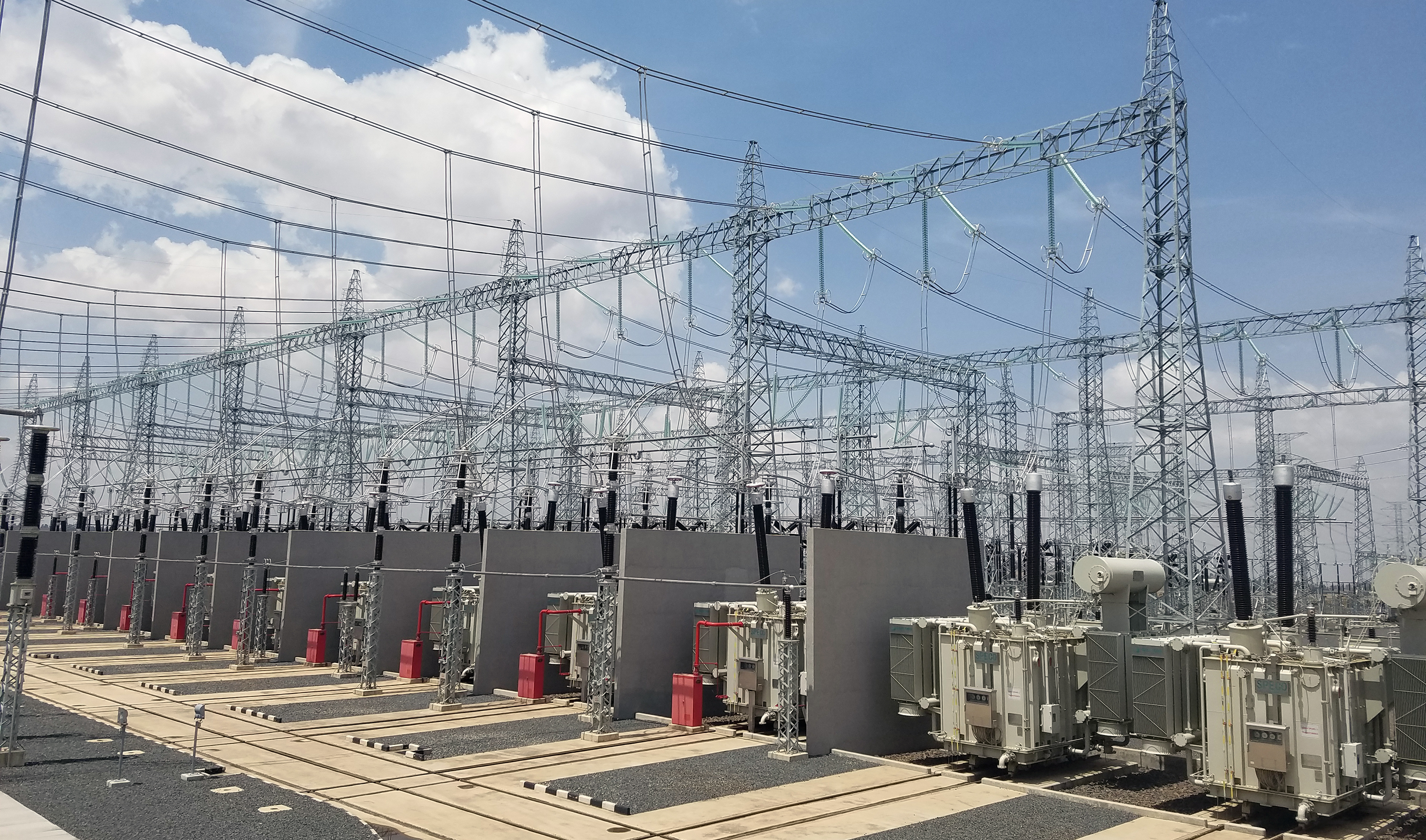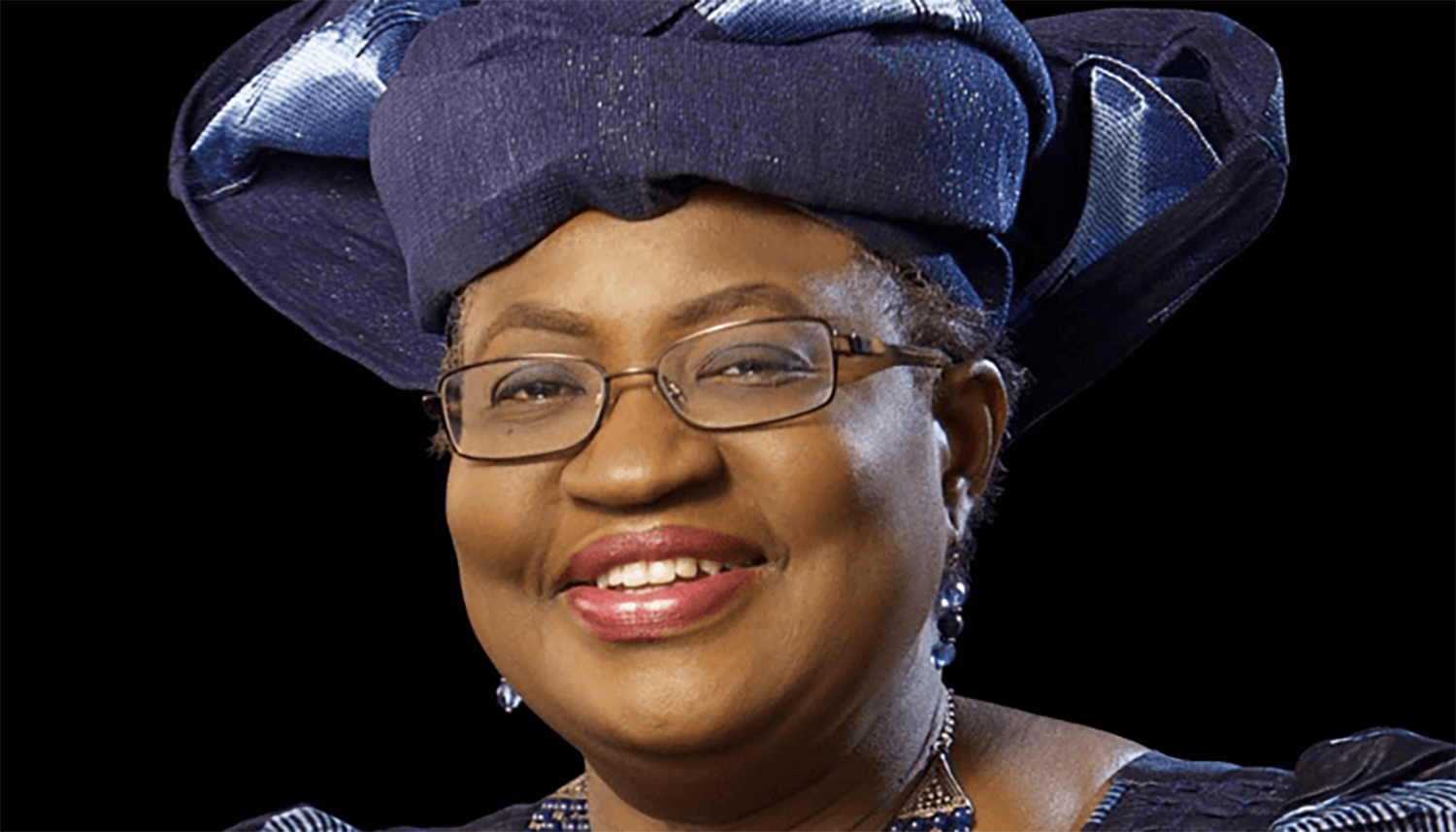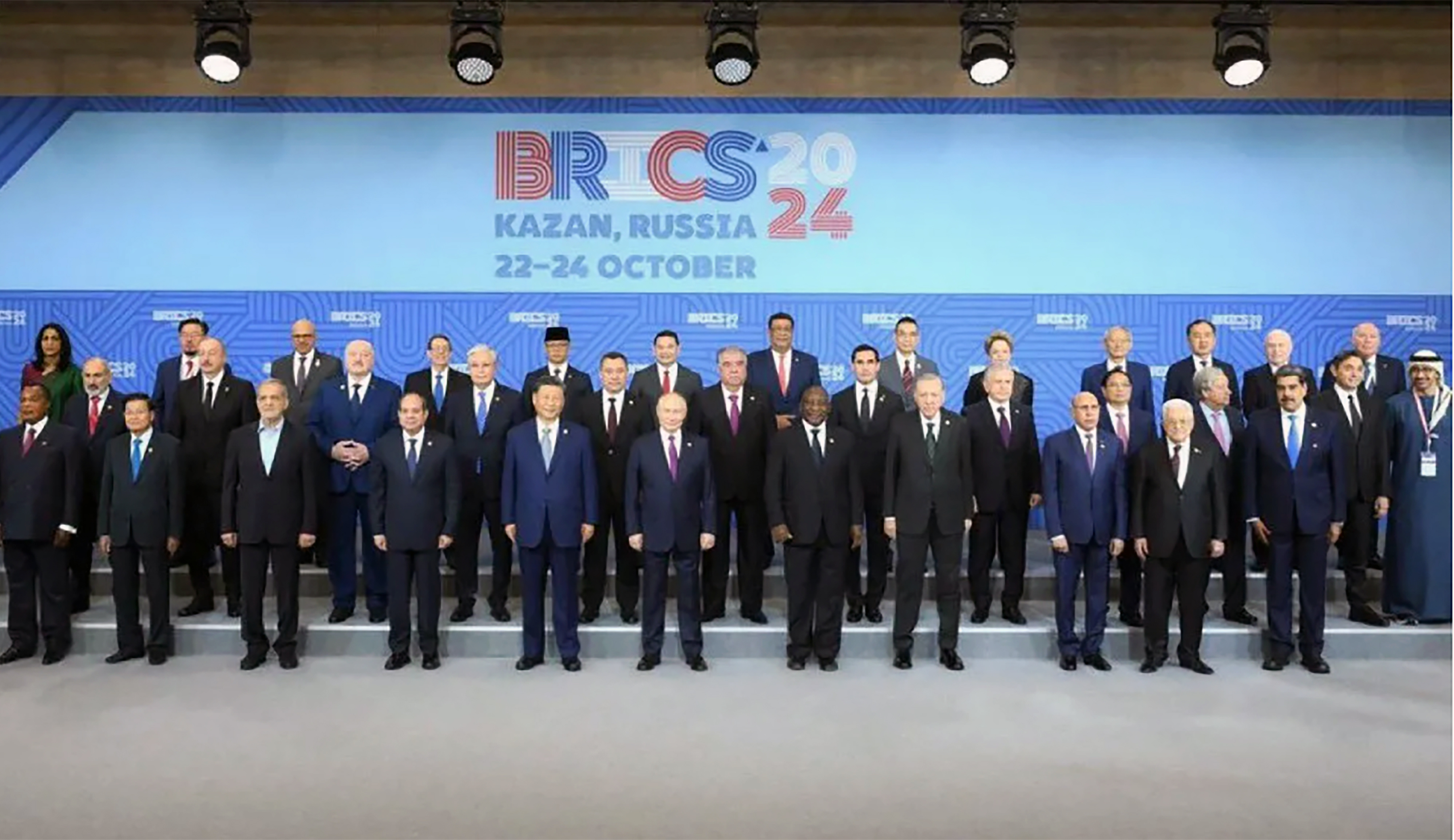Put people at centre of digital roadmap - MTN chief

Ibrahim Senyonga, MTN Uganda’s General Manager for Enterprise Business, makes his presentation at the Middle East & Africa Digital Transformation Summit at the Kampala Serena Hotel recently.
Uganda’s Digital Transformation Roadmap, which envisions a future where digital tools drive economic productivity, efficiency in government, and inclusion across sectors, will only bear results if people are at the centre, a top MTN manager has said.
Speaking at the Middle East & Africa Digital Transformation Summit at the Kampala Serena Hotel last week, Ibrahim Senyonga, MTN Uganda’s General Manager for Enterprise Business, said digital infrastructure must be built with people at the centre - turning bold digital ambitions into bankable partnerships and real impact.
“Our task is to build secure, scalable, and intelligent solutions that let Uganda’s enterprises, public institutions and citizens take off in the digital economy,” he said.
- In a room filled with policymakers, regional investors, development partners, and a who’s-who of technology leaders, Senyonga noted that “connectivity is no longer a finish line; it is merely the runway.”
MTN’s summit appearance was not just another industry engagement. It was a continuation of MTN Uganda’s deepening role in shaping the country’s digital trajectory. In May, MTN co-hosted a high-level Government ICT Round Table with the Ministry of ICT & National Guidance, bringing together key players across government and the private sector.
From that engagement, there emerged a workplan focused on modernising service delivery, expanding broadband access, and developing digital public infrastructure that empowers both government and citizens. Under the MTN Group’s Ambition 2025 strategy, the company is making a deliberate, well-resourced transition from a traditional telco into a fully-fledged TechCo.
- “Everything we build must lift productivity and lower barriers. That is how technology creates shared prosperity,” said Senyonga. “When a farmer in Masindi can query real-time crop prices on a low-cost handset, or when a start-up in Jinja deploys machine-learning models without importing servers, this is the practical face of transformation; where inclusion is not an afterthought but a growth strategy.”
This commitment to innovation and relevance was made even clearer when MTN Uganda conducted East Africa’s first 5.5G (5G-Advanced) showcase last month at its Kampala headquarters. Delivering unprecedented speeds and ultra-low latency, the trial positioned Uganda at the forefront of next-generation connectivity.
As part of its infrastructure upgrade, MTN Uganda, in May this year, launched its shortest and fastest fibre route, boosting network speed and introducing vital redundancy. This new link strengthens service reliability and ensures seamless connectivity for businesses, government, and future-ready technologies like 5.5G.
Through a combination of device financing models, rural connectivity investments, youth innovation hubs, and targeted digital literacy programs through the MTN Foundation, MTN is ensuring that more Ugandans are brought online and equipped to benefit from the digital economy.
The company understands that every new digitally included person is not only a customer, but a potential innovator, employer, or change-maker.
- This people-first approach was evident across the summit, especially during the Africa Youth Innovation Challenge, where students from across the continent showcased health-tech, agri-tech, and fintech innovations, many of them powered by platforms and connectivity provided by MTN.
- “Our network is becoming a canvas for local ingenuity,” Senyonga noted. “We are not just enabling services; we are co-creating solutions.”
With over US $300 million committed to network expansion and technology upgrades between 2020 and 2025, MTN is aligning its investments to meet national goals.
Senyonga also stressed the important role the Government has to play to ensure the success of the digital transformation roadmap.
“Building the digital state requires spectrum policy, data protection laws, last-mile power, and affordable devices, none of which any single actor controls. Uganda’s digital decade is already under construction, and MTN is on-site for the long haul.”



